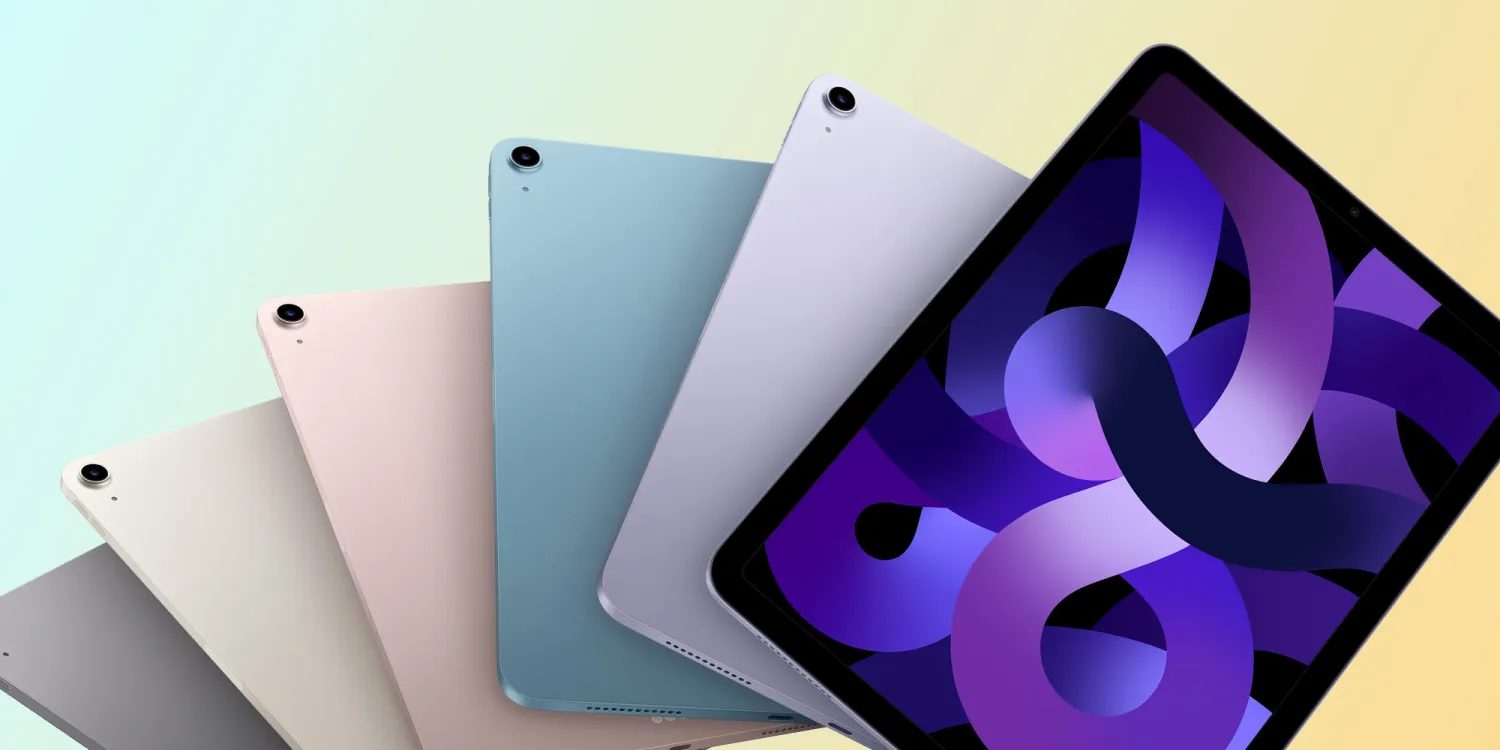
UBC Research Suggests People Are More Likely To Lie When Texting
According to some researchers at the University of British Columbia, text messaging leads people to be more deceitful when compared to other modes of communication. The study compares the level of deceit people are prepared to use in a variety of media, from text messages to face-to-face interactions. The study involved 170 students performing mock stock transactions in one of four ways: face-to-face, or by video, audio or text chatting. Researchers promised cash awards of up to $50 to increase participants’ involvement in the role play.
The study reveals that people deceived by “leaner” media, such as text messages are more angered than those misled by “richer” media, such as video chat.
“People are communicating using a growing range of methods, from Twitter to Skype,” says Sauder Assoc. Prof. Ronald Cenfetelli, a co-author on the paper. “As new platforms of communication come online, it’s important to know the risks that may be involved.”
“Our results confirm that the more anonymous the technology allows a person to be in a communications exchange, the more likely they are to become morally lax,” says Sauder Prof. Karl Aquino, also one of the co-authors.
The lesson for business, says Cenfetelli, is that video conferencing or in-person interactions may be preferable to text-based communication if the company is concerned about how customers may react to the given information.
The study, led by Asst. Prof. David Jingjun Xu of Wichita State University, will appear in the March edition of the Journal of Business Ethics.


